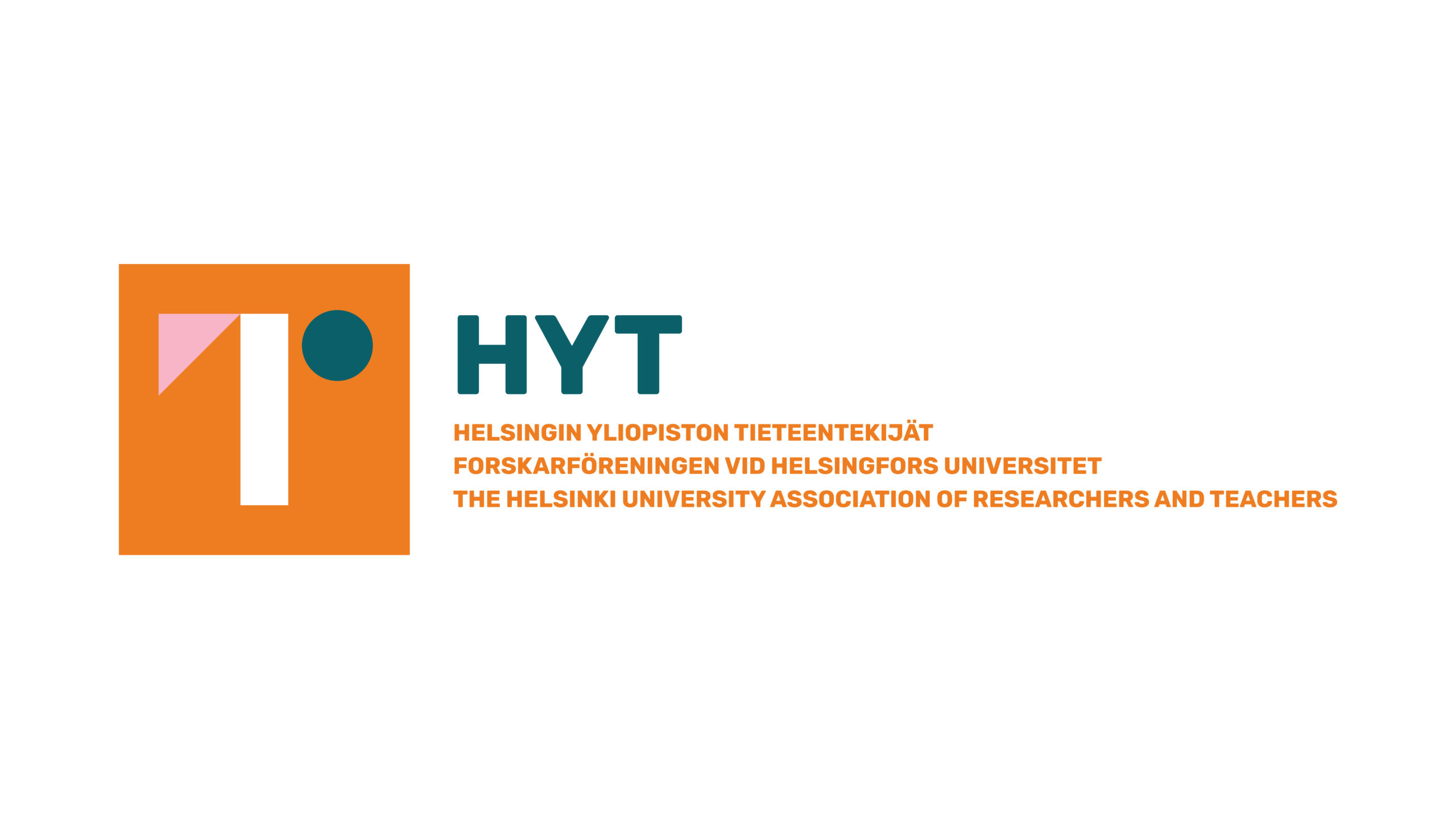Statement
In the recent recruitment process of doctoral researchers, the University of Helsinki introduced competency assessment tests as part of the evaluation of applicants. These tests were acquired from AON, a private international company that develops and sells recruitment related assessment services. The use of AON tests is highly controversial because: 1) the validity and relevance of the tests is questionable, 2) externalising parts of the recruitment process is problematic, 3) the recruitment process itself has not been transparent, and 4) it creates a potential risk of discriminating against minorities. The use of the tests has caused extensive discussion within the University of Helsinki. The Helsinki University Association of Researchers and Teachers (HUART) urges the University to take the concerns raised by the academic community seriously and opposes the use of competency and personality tests in recruitment processes.
The University of Helsinki is committed to the national recommendation of researcher evaluation [1]. The general principles are transparency, integrity, fairness, competence, and diversity [2]. We believe that the use of AON’s tests, or any similar tests, in recruitment processes, is against the national recommendation of researcher evaluation for the following reasons.
First, the transparency of such tests is questionable since tests developed by commercial enterprises are typically protected as business secrets. This means that customers have little information on the inner workings of the tests.
Second, regarding validity, there are typically no independent studies showing that the tests actually measure what they claim to measure, or that they have predictive power – in this case, predictive power for successfully conducting PhD research in all academic fields. According to the available evidence, this all applies to AON’s tests, making them non-transparent.
Third, the use of such tests creates a potential risk of discriminating against minorities, such as neurodivergent people. In the USA, The American Civil Liberties Union Foundation has recently appealed to the Federal Trade Commission, claiming that AON’s personnel assessment products discriminate against individuals based on disability, health status, and ethnic background, naming also the ADEPT-15 test used by the University of Helsinki. There are also several companies that sell training that is supposed to lead to better performance in AON’s tests [3, 4]. If such training actually helps, it creates an unfair advantage to doctoral candidates who have the resources to pay for the training.
Fourth, using commercial competency testing externalises parts of the evaluation process to evaluators of unknown competence, which is problematic regarding both the development and involvement of the academic community. Competence and personality testing does not assess applicant’s previous knowledge of the field of study (the research plan and previous academic merits serve this purpose), which seems more relevant to doctoral studies success rather than a raw measure of cognitive ability. Moreover, no one set of skills and personalities are needed in academia – diversity benefits the university, the academic community, and science. At the same time, the use of this testing as a means of evaluation for salaried positions, bypassing the doctoral programmes’, supervisors, or advisors’ evaluations has created an atmosphere of distrust in the university community. If external evaluation is used, the process should not be outsourced to a company offering black box testing but rather follow the European [6] and national [2] recommendations for researcher assessment.
Finally, there is ambiguity regarding the recruitment process and the communication around it. In communications with applicants, the University indicated that AON’s test would comprise 20% of the evaluation, reiterated in a post in Flamma in November. However, in Acatiimi (4/2024), in relation to the doctoral pilot, it said that the test results were not used in evaluating the applicants [7]. As a result, the University of Helsinki has disseminated ambiguous and confusing information about the use of these tests, potentially misleading applicants.
For all these reasons, HUART opposes the use of competence and personality tests for assessing prospective doctoral researchers employed by the Doctoral School of the University of Helsinki. We understand that the large number of applicants creates challenges for the timely assessment of applications and that recruitment processes must be developed. However, given the widespread criticism and absence of consensus, we urge the Doctoral School to suspend the use of these or similar tests in evaluating prospective employees and to avoid similar unilateral decisions in the future that conflict with the university’s values. We also urge those responsible to engage in an open dialogue with the academic community, especially with the people involved in supervision and training of doctoral researchers, and with HUART to jointly develop recruitment processes.
On behalf of HUART
Olli-Pekka Kasurinen
Chair
[1] https://www.helsinki.fi/en/research/research-integrity/responsible-evaluation-researcher
[2] https://avointiede.fi/sites/default/files/2020-03/responsible-evalution.pdf
[3] https://www.aclu.org/documents/aclu-complaint-to-the-ftc-regarding-aon-consulting-inc
[4] https://www.assessmentday.com/aon.htm
[5] https://www.jobtestprep.co.uk/aon-assessment
[6] https://data.consilium.europa.eu/doc/document/ST-15135-2023-ADD-1/en/pdf
[7] https://acatiimi.fi/2024/09/19/saako-tohtorikoulutuspilotti-uusia-tohtoreita-kolmessa-vuodessa/
